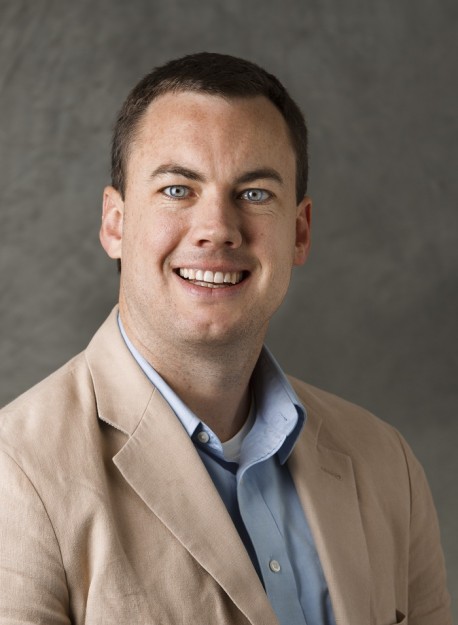I would like to thank the students, faculty, and staff who have welcomed me and my family with warm and generous hospitality to the Catholic Studies community. I was asked to write something for this blog by way of a brief introduction of myself to those students in Catholic Studies whom I have not yet had the pleasure to meet. I thought the best approach to this assignment would be to offer a short reflection upon what I take to be the importance and uniqueness of the Department of Catholic Studies, and why I was attracted to the department in the first place.
I, and no doubt many of you, was attracted to the Department of Catholic Studies chiefly on account of its commitment to and successful implementation of a program of liberal education that is directed to the ethical, intellectual, and spiritual integration of the human person. On account of this animating vision of the department, it seems to me that Catholic Studies is different from other traditional academic departments in at least two ways that deserve mention.
First, as opposed to other disciplines in the arts and sciences such as philosophy, history, biology, or physics, Catholic Studies is less concerned to convey the knowledge or skills appropriate to any single discipline, and more concerned to cultivate in students an appreciation for how these various branches of knowledge might be synthesized within an overarching account of the human person and of the position she occupies in relation both to God and to the world.
Second, the overarching account of the human person that is proposed for our consideration by the Department of Catholic Studies is, not surprisingly, informed by the Catholic spiritual and intellectual traditions. Consequently, unlike some other interdisciplinary departments or programs of study, in which the reading and discussion of a selection of Great Books often proceeds as if untethered from any one guiding principle, the Department of Catholic Studies explicitly situates itself within the vision communicated to us through Christ and his Church, so that the texts we read and discuss in a Catholic Studies seminar–be they pagan, Christian, or antitheistical–are themselves approached from and incorporated into a distinctly and self-consciously Catholic understanding. Incidentally, this latter feature of Catholic Studies ensures that the department offers something more than simply a study of Catholicism in its myriad historical, cultural, and theological manifestations; it rather, and, on my own view, more importantly, models for us how we might think as Catholics about anything and everything.
My sense of Catholic Studies is, of course, my own, and is not to be taken as definitive. But it was this sense of an interdisciplinary department that is also a truly Catholic department which first attracted me to Catholic Studies at St. Thomas, and which continues to inform my own teaching and work in the department. I feel very blessed to have been given the opportunity to join such a lively and interesting community of students, faculty, and staff, and I look forward to getting to know all of you. If you want to stop by and chat–about Catholic Studies, your own intellectual interests and career plans, or why the Chicago Bears will be better than the Minnesota Vikings this season–please don’t hesitate to do so. My office hours are Monday and Tuesday from 1-4pm, or you can send me an email and we can schedule another time to meet. See you soon.
